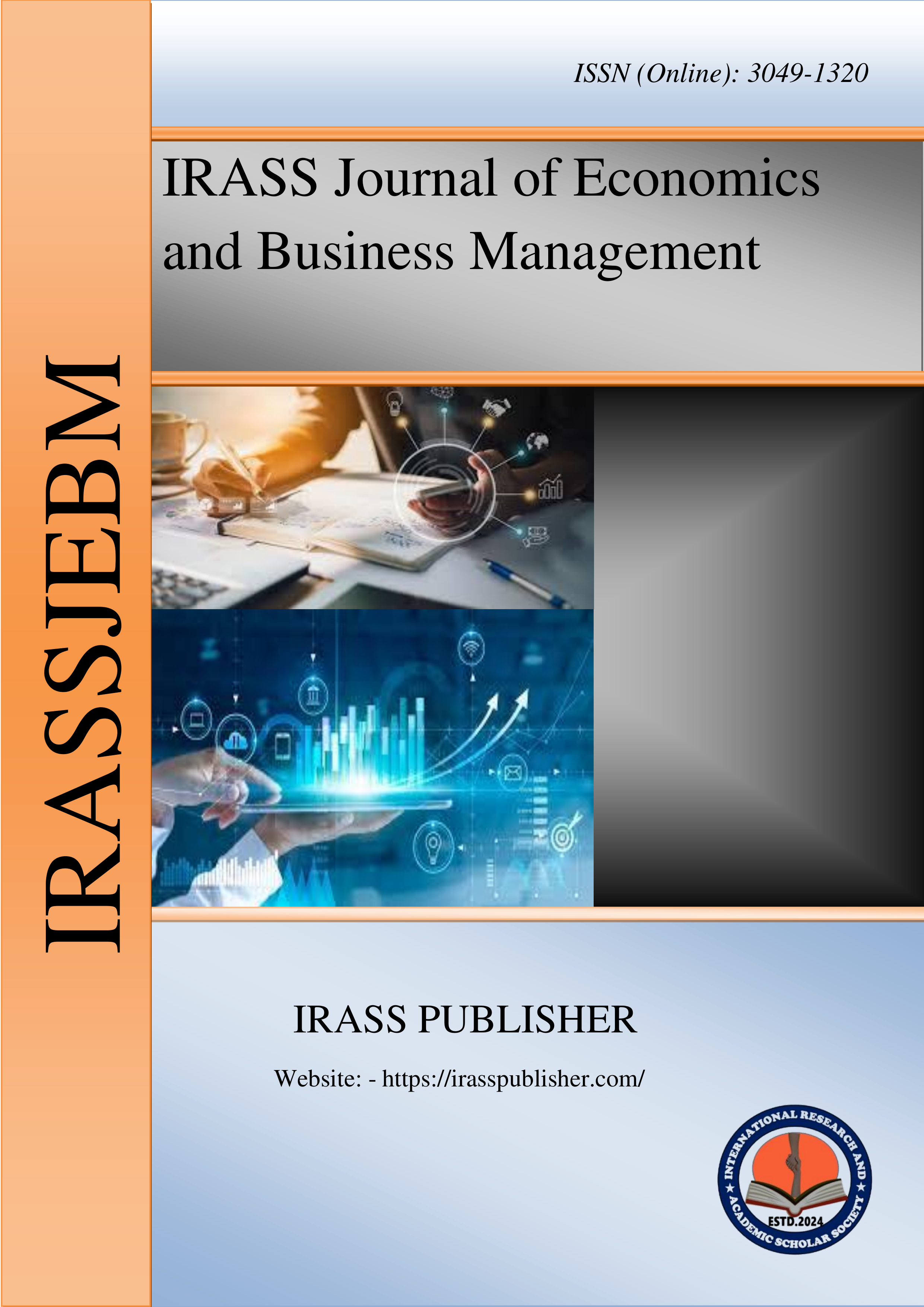RELATED PARTY TRANSACTIONS, GOVERNANCE AND CORPORATE PERFORMANCE BALANCED SCORE CARD PESPERCTIVE
Sr No:
Page No:
31-46
Language:
English
Authors:
Asian Asian Umobong, PhD*
Received:
2025-03-11
Accepted:
2025-03-25
Published Date:
2025-03-28
GoogleScholar:
Click here
Abstract:
The scrutiny of RPT has gained traction over the past few decades because of
increased tax aggressiveness behaviors, conflicts of interest, business failures, insider abuse,
asset expropriation and tunneling. There is a slew of empirical works trying to ascertain
whether RPT is used for propping or for conflicts of interest. However, the result is mixed. The
increasing management bad behaviors and weak corporate governance and its failures in
mitigating abuse of RPT has heightened interest of scholars, regulators and other stakeholders
on subject. The objective is to determine effect of RPT, and Governance on Balanced scorecard.
The study used data from financial statements of manufacturing firms listed on the Nigeria
stock exchange for the period 2003 to 2023. Hausman test, Multiple Regression and various
diagnostic tests were conducted on data set. Related party transactions have significant positive
effects on Returns on Asset, Net profit margin, price earnings ratio and customer loyalty of
Manufacturing companies in Nigeria. Increase in RPT increases the performance of ROA, Net
profit margin, price earnings ratio and customer loyalty while RPT has negative relationship
with internal efficiency thus increase RPT decreases internal efficiency of the firms. Board
independence increases customer loyalty and price earnings ratio simultaneously reducing
internal efficiency, Net profit margin and return on assets. Chief executive duality has
significant negative impacts on ROA, Net profit Margin and price earnings ratio implying CEO
duality reduces the performance variables. Contrastingly, CEO duality improves internal
efficiency and customer loyalty with significant positive effects. Audit quality has positive
correlation with Net profit margin, Return on Assets and internal efficiency implying improved
quality of audit improves the variables while correspondingly reducing price earnings ratio and
customer loyalty. Outcome of study indicate need to improve efficiency of usage of assets,
improve and sustain the internal efficiencies and customer loyalty as this will ultimately
increase profits. Based on negative association of CEO duality with reduced profit margin and
price earnings ratio, board chairman position should be separate from function of CEO to
ensure independence and checks and balances while new strategies should be formulated to
sustain customer loyalty and internal efficiency. There is also need for regulators and auditors’
scrutiny of RPT to mitigate the effects of earnings management if any as increased RPT
associated with improved ROA, Net profit margin and price earnings ratio can also indicate
RPT is used for earnings management.
Keywords:
Related Party Transactions, Governance, Balanced scorecard, Customer Loyalty, Internal Efficiency, Net Profit Margin.
Journal: IRASS Journal of Economics and Business Management
ISSN(Online): 3049-1320
Publisher: IRASS Publisher
Frequency:
Monthly
Language:
English

